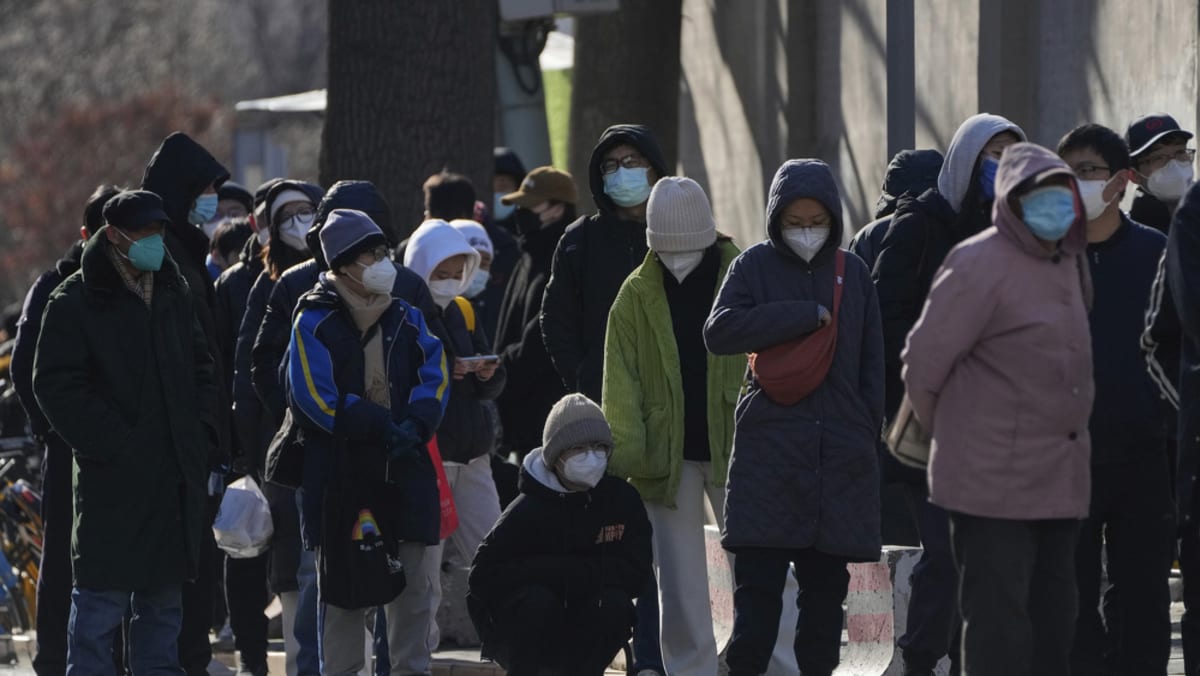
China’s political transition usually takes two major steps every five years. After the 20th National Party Congress elected new party leaders in October, a new State Council will be formed at the 14th National People’s Congress in March 2023.
The State Council – the executive branch of China’s political system – will helm the formulating of specific economic policies and implement them with the approval of the Chinese Communist Party (CCP) leadership.
Li Qiang, the former party secretary of Shanghai who oversaw its two-month lockdown in early 2022, is poised to lead the State Council as China’s next premier. But with no national management experience, it remains to be seen how faithfully he can enact Beijing’s fresh slate of economic proposals.
THE NEW FACE OF THE STATE COUNCIL
In addition to Li Qiang, two other members of the 20th Politburo are likely to enter the new State Council.
Ding Xuexiang, No 6 ranking member of the 20th Politburo Standing Committee and director of the General Office of the CCP Central Committee, is likely to replace Vice Premier Han Zheng. Having had zero experience as a chief administrator of a province or a ministry, Ding will have a lot to learn for his new position.
He Lifeng, a new member of the 20th Politburo, vice chairman of the Chinese National People’s Political Consultative Conference, and minister of the National Development and Reform Commission, is also likely to be a vice premier, taking over Vice Premier Liu He’s portfolio of foreign economic relations and finance.
